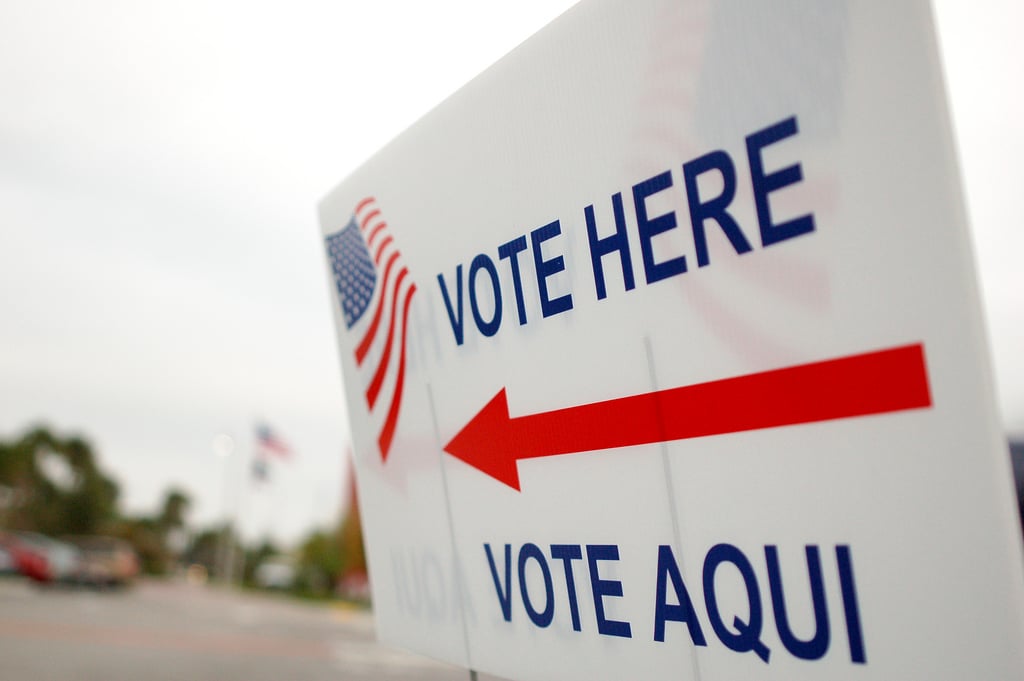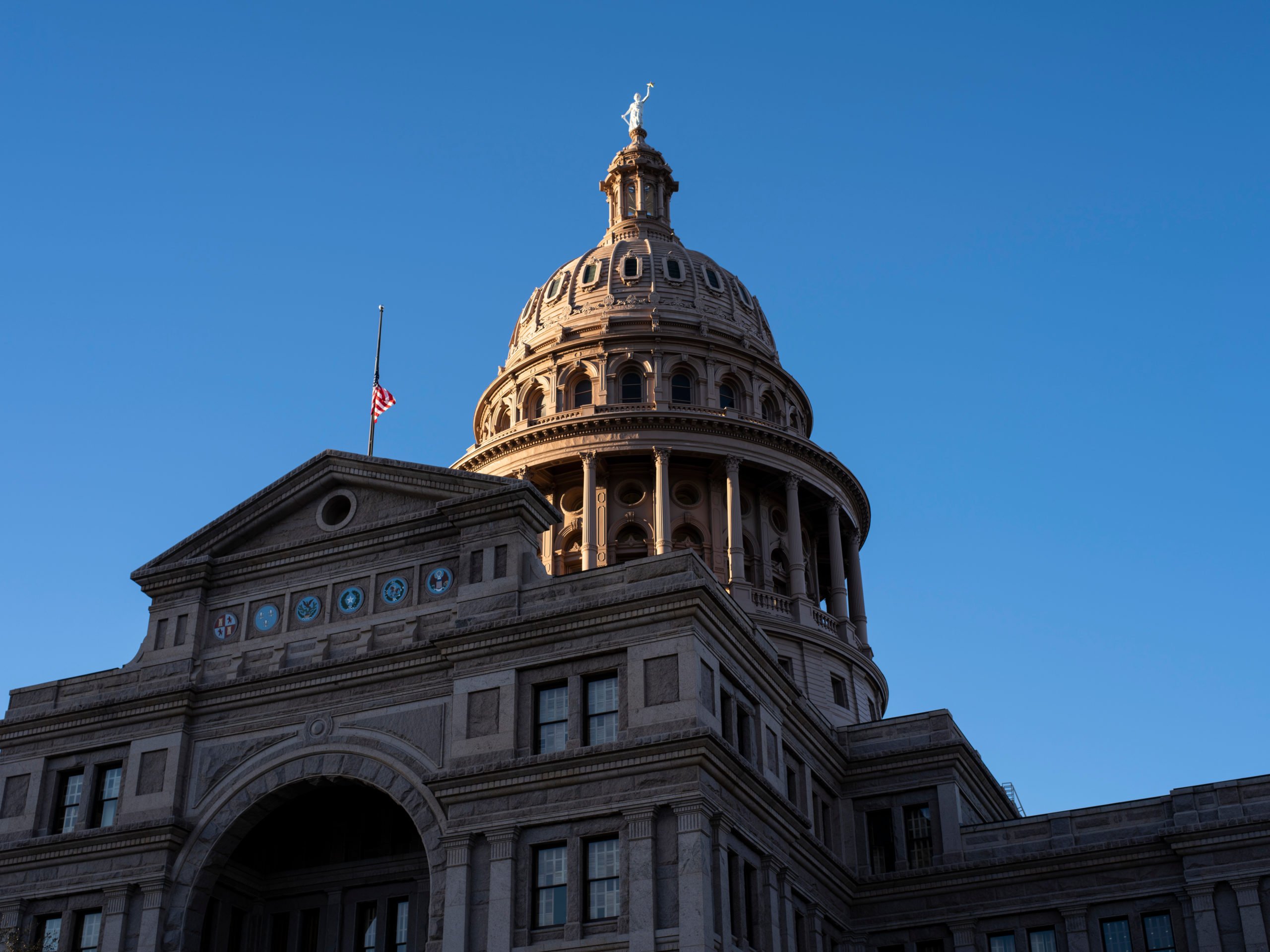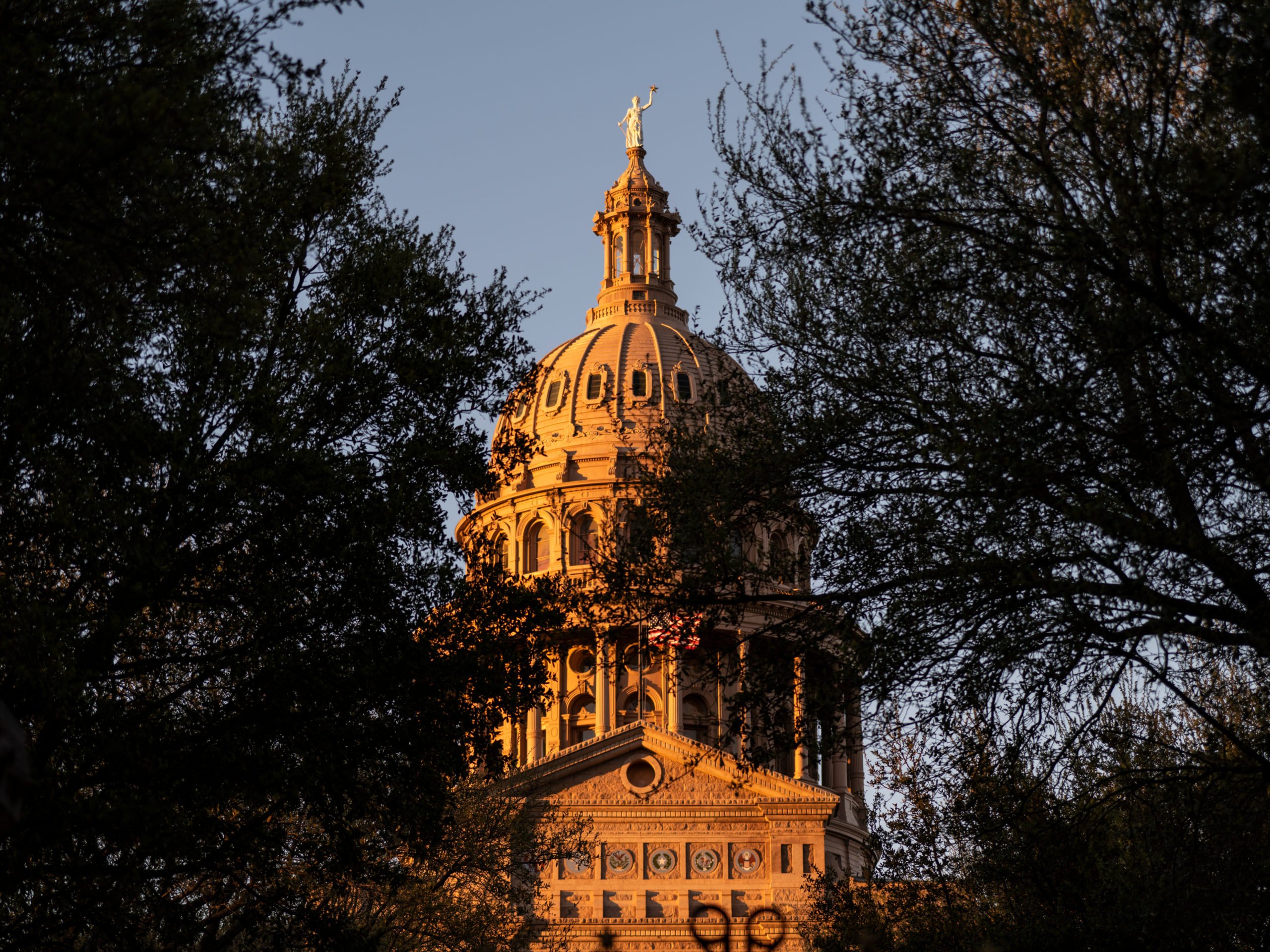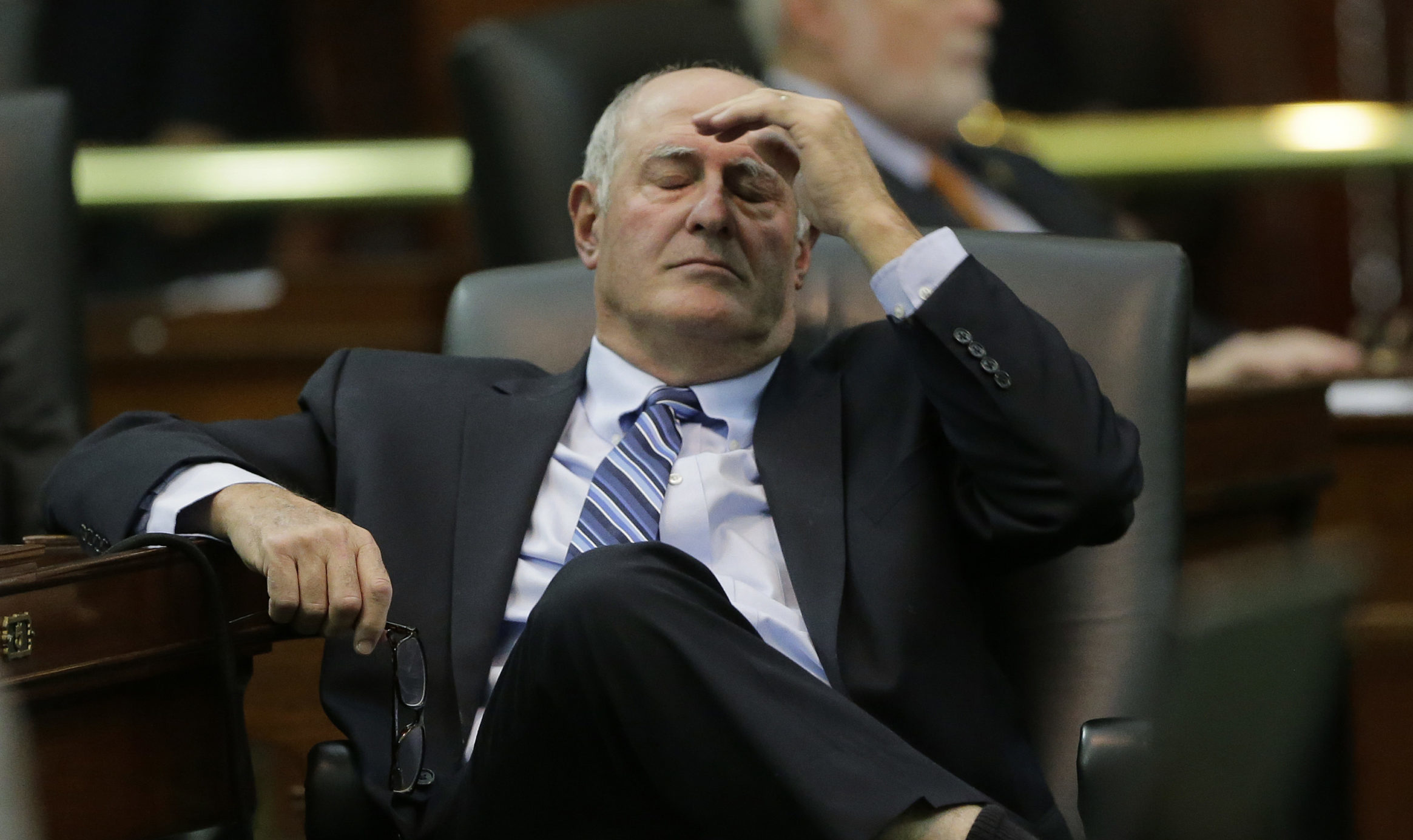
Texas is a Big Reason Why We Still Need the Voting Rights Act

Uh-oh. The Supreme Court might strike down a key part of the Voting Rights Act, the venerable 1965 law that’s protected minority voting rights for nearly half a century. The court will hear oral arguments next week in Shelby County v. Holder. At issue is Section 5 of the Voting Rights Act, which requires states with a history of racial discrimination (Texas included) to get “pre-clearance” from the U.S. Department of Justice before making changes to the voting system.
Apparently some justices have been jonesing to declare racism a thing of the past and usher in an America where everyone can live happily ever after. Unfortunately, that’s a fairy tale. While the days of overt discrimination may be mostly behind us, institutional racism still exists and will take much longer to eradicate. Hispanic and black Texans understand this better than most.
“Texas’ history is so that it is, in all honesty, a poster child for why we need Section 5,” MALDEF Attorney Luis Figueroa said at a press call held by The Leadership Conference on Civil and Human Rights February 21.
Just take the recent Texas redistricting mess.
Less than a year ago, a federal, three-judge panel in Washington D.C. ruled that the new congressional maps drawn by the Republican-led Texas Legislature were intentionally discriminatory. That’s a pretty high (or low, in this case) bar to meet.
Writing for the panel that included Judge Rosemary M. Collyer and Judge Beryl A. Howell, Judge Thomas Griffith said they were, “persuaded by the totality of the evidence that the plan was enacted with discriminatory intent.”
Bear in mind that George W. Bush appointed two of the judges on the panel. When conservative judges are calling your actions discriminatory, your issues probably run deep. Yet, just six months later, the Supreme Court would say we are free of that discriminatory intent?
Just two days after the federal court struck down Texas’ redistricting plan, another panel of judges in that same court ruled that Texas’ new voter ID law, was also in violation of Section 5 of the VRA. The law would’ve required voters to present a valid, government-issued photo ID to vote, but judges figured out what critics had been saying all along: the requirement would hurt those Texans most likely to be without a valid ID, mostly poor people of color.
“Record evidence suggests that [Senate Bill] 14, if implemented, would in fact have a retrogressive effect on Hispanic and African American voters,” the judges wrote. “Everything Texas has submitted as affirmative evidence is unpersuasive, invalid, or both. Moreover, uncontested record evidence conclusively shows that the implicit costs of obtaining SB 14-qualifying ID will fall most heavily on the poor and that a disproportionately high percentage of African Americans and Hispanics in Texas live in poverty. We therefore conclude that SB 14 is likely to lead to ‘retrogression in the position of racial minorities with respect to their effective exercise of the electoral franchise’.”
The Voting Rights Act was passed at the height of the Civil Rights Movement and was secured through a lot of blood, sweat and tears. It intended to put an end to discriminatory voting practices like poll taxes and literacy tests that created widespread disenfranchisement of minority voters. Proponents of the measure warn that we will see a return to those days if Section 5 is struck down. In Texas, even with the VRA, we’ve never stopped having to fight those who don’t want to see people of color turn out to vote.
I hate to think what this state will look like for minorities if our legislators are left to govern on their own.


